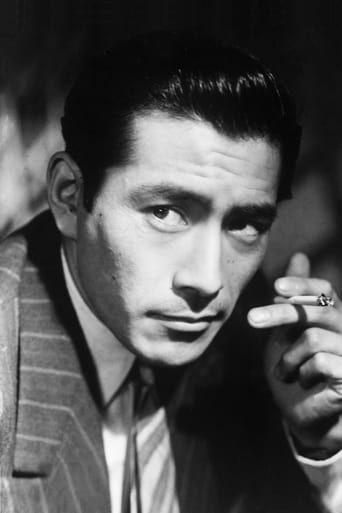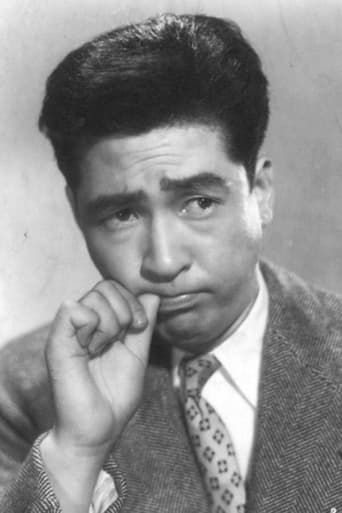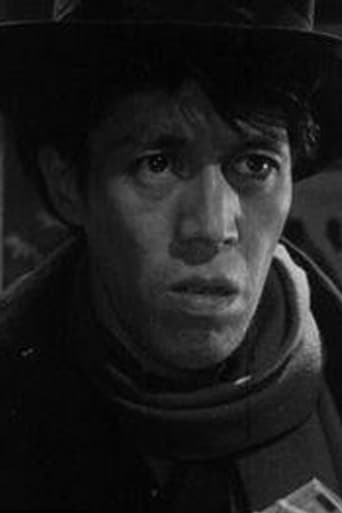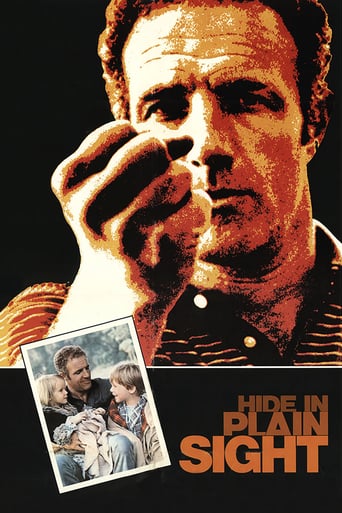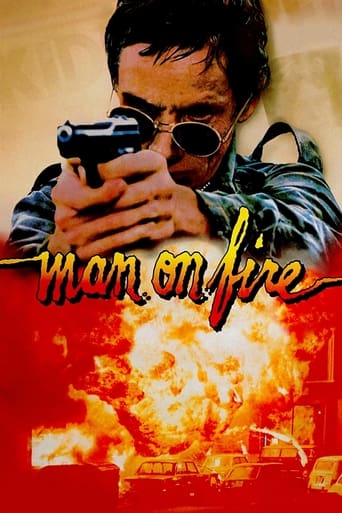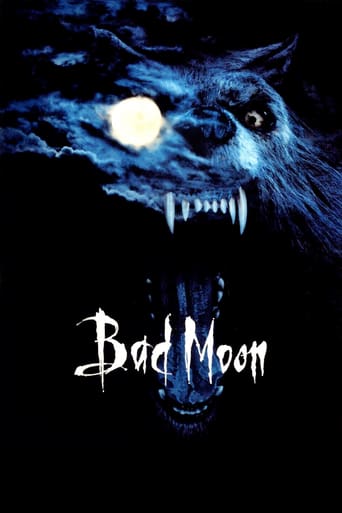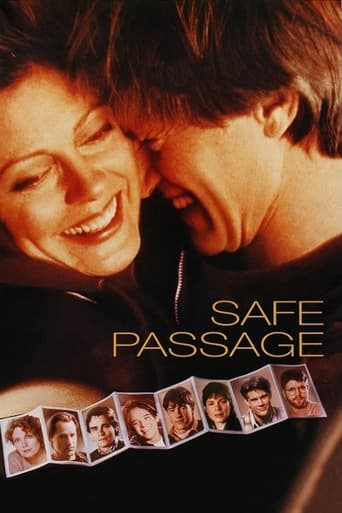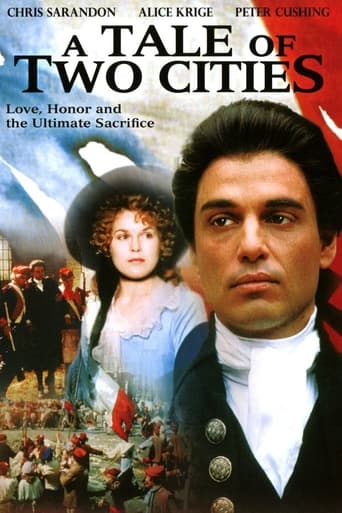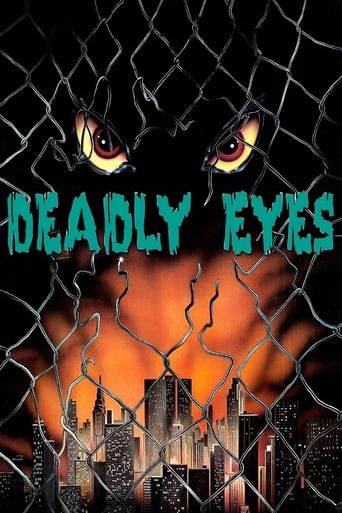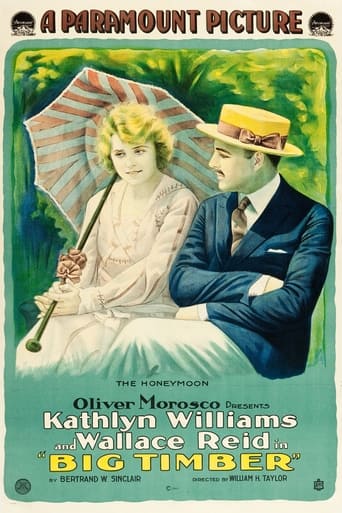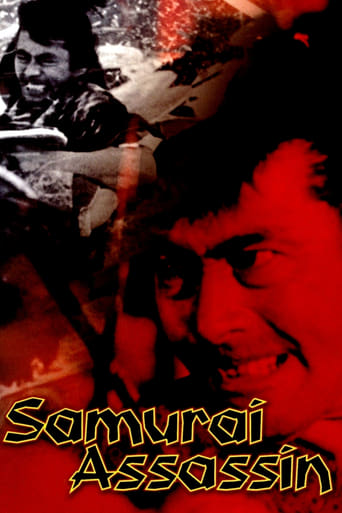
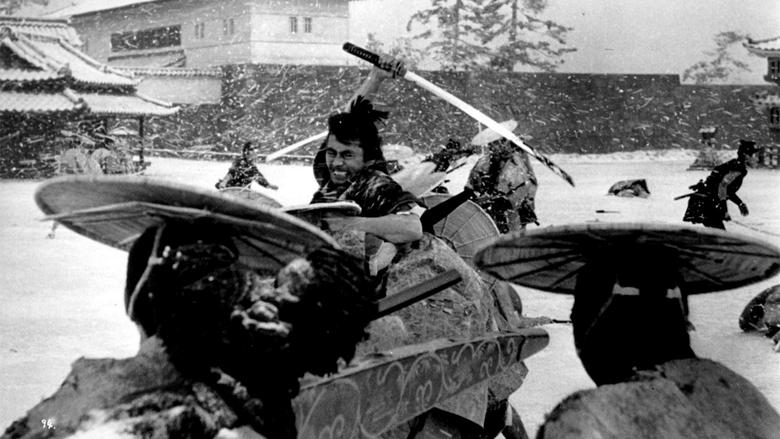
Samurai Assassin (1965)
Japan, 1860. The men of the Mito clan, victims of the Ansei purge, anxiously prowl around the Sakurada Gate of Edo Castle with the intention of assassinating Naosuke Ii of Hikone, tairō of the Tokugawa shogunate and responsible for their misfortune.
Watch Trailer
Cast


Similar titles
Reviews
Samurai Assassin is a tricky film. It tries to balance neatly between the chambara and jidai-geki. As a jidai-geki it falls close to Masaki Kobayashi's amazing masterpieces Seppuku and Samurai Rebellion in its resemblance of an ancient Greek tragedy filled with tragic irony and a sense of inescepable doom. On the chambara front it takes a while to deliver but when it does, it's all guns blazing; the final fight in the snow ranks as one of the greatest battle sequences in 60's samurai cinema.What hampers Samurai Assassin is both the very convoluted plot (even by jidai-geki standards) and the narration that should have been skipped altogether (especially in the ending). The plot although well constructed may suffer under close scrutiny. Of course nothing a little suspension of disbelief can't solve. Still, it devotes too much time and detail to subplots and flashbacks that ultimately detract from its goal: building momentum for the final confrontation (both physical and emotional). Tsuruchiyo's backstory for example is spread over 30 minutes and while it gives a solid foundation to the character, you can't help but wonder what it has to do with the first half hour. It all clicks together at some point but it would have benefited immensely from tighter plotting (20 could have been clipped). Less detail, narration and names-dropping, more visualization.No matter. Samurai Assassin is still a decent film with some memorable scenes. It starts to pick up steam after the 70 minute mark and finishes on a spectacular note. The final battle in the snow is a marvel to look at and features some top notch swordfighting, with Toshiro Mifune simply owning every frame with his impeccable physical skills. It's a very bleak and ironic ending however; there's no valliance or social status to be gained for Mifune's character. I don't want to spoil it any further cos it's easily the best part of the movie.Okamoto, a great chambara director of the 60's, was well on his way to bigger and better things. Just one year later, Sword of Doom would go on to become one of the best Japanese movies of all time. Three years later, the thoroughly enjoyable Kiru! would add some tongue-in-cheek spirit to Okamoto's often nihilistic style. Still, Samurai Assassin is a welcome addition to his ouevre that might not be excellent and thus not a good entry point to both Okamoto and the jidai-geki but it's recommended to genre fans.
The year is 1860 and Japan is in a very unstable place. A time when the 300 year rule of the Shogunate was drawing to a close, an event which would simultaneously bring Imperialism to Japan and cause the death of the Samurai age. This is the setting of Samurai Assassin, a highly complicated, and character driven Chambara film that is shot in brilliant black and white. It also features one of Toshiro Mifune's best performances, as well as an astounding ending battle sequence that's just too cool for words.Mifune plays Niiro Tsuruchiyo, a master-less samurai who joins forces with the multiple clans against the Lord of Hikone, Sir Li Kamonnokami Naosuke. Li is the right hand of the shogunate and brought upon himself the wrath of the Satsuma, Mito, and Choshuu provinces after making an unpopular choice for the appointment of the 14th shogunate. Many critics arouse after the controversial appointment, and Li initiated the Ansei Purge to quiet critics of his choices. This in turn, lead to an assassination plot hatched by the three provinces in order to remove Li from his position of power. Here enters Mifune, who wants to help the clans, in order to become a samurai of the Mito house. If that's not enough, the clans have their own problems too trying to weed Li's spies out of the plot. Which results in a film full of intrigue, espionage, underhanded dealings, and of course assassinations. If all this sounds complicated...it's because it is.Looking past the intricate plot of Samurai Assassin and the film is basically a detailed character study of Mifune's Niiro. Much of the film deals with his mysterious past and is told through flashbacks, both as first hand accounts and through investigative processes headed by the clan who is trying to distinguish the followers from the spies. This serves as both a negative and a positive for Assassin. While it helps develop Mifune's character (and he's excellent as always), it also slows the film to a tedious pace. Also hidden in Niiro's past is a long story of forbidden love. The films first hour concerns itself mostly with these issues, while the second half slowly builds to an incredibly brutal finale. Bottom line- Samurai Assassin takes it's time to get where it's going, but when it arrives at its destination it redeems the films minor shortcomings. The finale is a brutal scene filmed in swirling clouds of snow and features an dizzying, blood soaked, action packed conclusion sure to satisfy any Chambara fan.
A first-class film that excels in script, cinematography and acting. It is difficult to name a lot of films that are so well conceived of and executed. The plot is amazing and the twists are well-crafted. The narrator seems an imposition at the start but as the film progresses it only adds to the mood. I found the movement (pace) of the film delightful, juxtaposed between the swift and the languid. Of course, for most of us outside the idiom of Japanese cinema the acting maybe described as melodramatic, but that's pretty much the norm there. And how can anyone not comment on the film's last scene - the snow, the blood, the twist of fate, the camera moves like an assassin itself. I highly recommend it.
Everything about this movie is powerful! The acting, the direction, the music and the cinematography are Japanese cinema at its best! I usually don't like narration but the narration in this film is awesome. The only thing I can compare it to is the sound of an Uzi being fired! Mifune, at his best, conveys brilliantly the complexities of the samurai/ronin mentality! The film moves frantically through time! Sometimes it is hard to tell past from present but the entire production is so well done that it all makes perfect sense if you just pay attention! This is one of the most brutal Japanese films I have ever seen. The final confrontation takes place in a snow storm and the comparison between the softly falling snow and the bloody battle it is falling on is chilling and surreal! Unlike some of these older films the transfer to video is clear as a bell with easy to read (if a bit hurried) subtitles.


